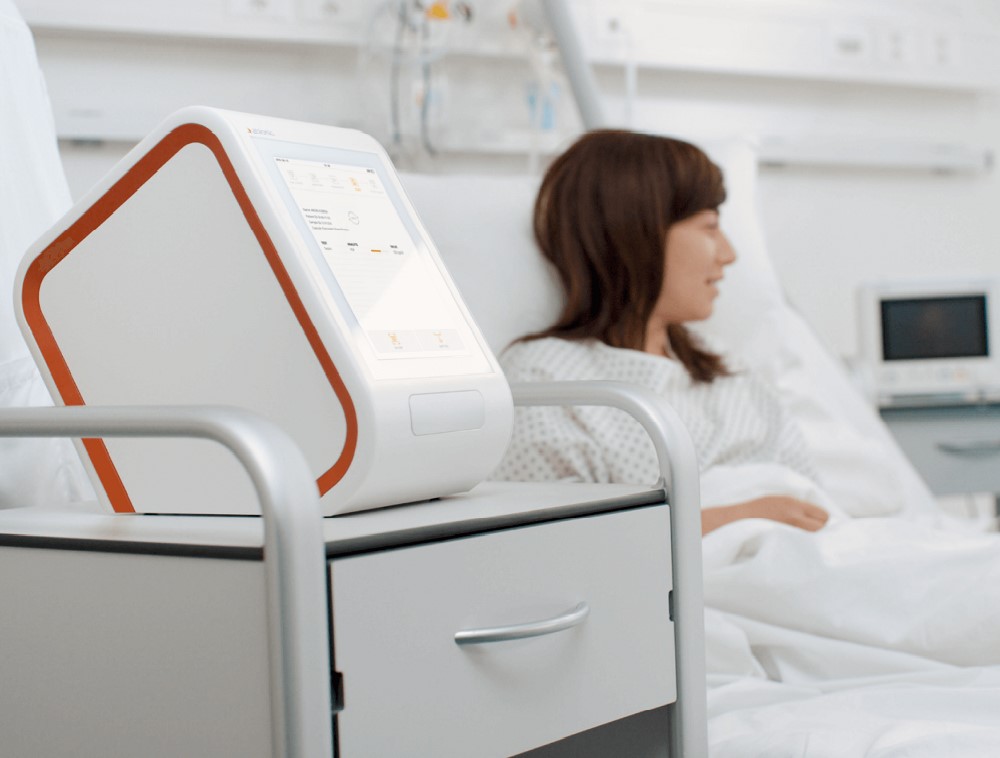We are proud to announce that from today the fight against the Sepsis, the world’s leading cause of hospital death, has a new ally. Aferetica has indeed signed an exclusive research partnership with Abionic, an innovative Swiss Start-up, for the early diagnosis of Sepsis.
The partnership is a world preview and was presented in these days at the first National Critical Area congress, scheduled in Bologna on 5 and 6 December, where over 600 national and international experts are expected. The congress, born on the initiative of Prof. Vito Marco Ranieri, Director of the Complex Operative Unit of Anesthesia and Intensive Polyvalent Therapy of the Policlinico Sant’Orsola Malpighi of Bologna, and of Profs. Stefano Nava (Pneumology Sant’Orsola, Alma Mater University of Bologna) and Giuliano Bertazzoni (Policlinico Umberto I Emergency Medicine, Sapienza University of Rome), sees at the center a new multidisciplinary and integrated vision of the ‘critical’ patient and is destined to become an annual event.
“As also recognized by the World Health Organization, early diagnosis of sepsis is one of the most important challenges for clinicians, in fact, there is no single signal or a single precise symptom to recognize it.” This is the comment of Mauro Atti, CEO of Aferetica “The system that is presented in these days at the Bologna Critical Area Congress provides a truly disruptive technology. In fact, by applying advanced nanotechnologies – a sort of microchip – it is able to make an effective diagnosis, in about five minutes, at the patient’s bed. Analysis of this type now requires hours of work, with large equipment, in the laboratory. To be clear, if we talked about computers, it would be like going “from the valves to the microprocessor”. With these premises, we are particularly proud of our partnership with Abionic.”
The diagnostic system works with a single drop of blood, using the reagent on a printed circuit of a few millimeters, to quantify the presence of the PSP molecule – Pancreatic Stone Protein – protein produced by the pancreas, whose concentration in the blood increases in the very first stages of development of sepsis. The analysis, according to the data of clinical studies already published, makes it possible to identify patients at risk of developing an infection-related organ dysfunction, a potentially lethal disease.

